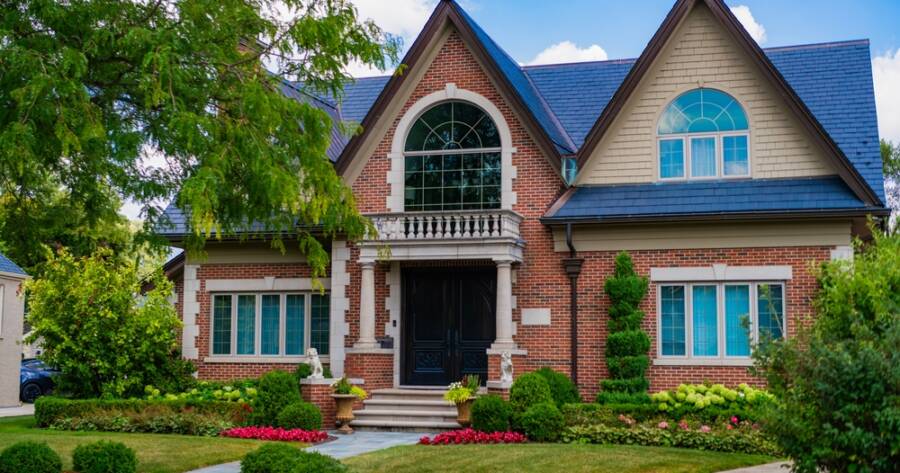Owning a home might seem out of reach if you lack the funds for a down payment, but purchasing a house with no money down could be possible if you meet certain criteria. While it may not be an option for everyone, several pathways could enable you to step into your dream home without an initial deposit. Understanding the conditions and strategies that make this possible is essential for anyone considering this approach.
1. Explore Government-Backed Loan Programs
If you qualify, government-backed loan programs might allow you to purchase a home without a down payment. For instance:
- VA Loans: If you are an eligible veteran, active-duty service member, or a qualified spouse, you might obtain a loan through the Department of Veterans Affairs (VA). These loans require no down payment and often have competitive interest rates.
- USDA Loans: If you’re considering a home in a rural or suburban area, you could apply for a loan through the United States Department of Agriculture (USDA). These loans offer zero down payment options for eligible buyers, provided you meet the income and location requirements.
2. Use Down Payment Assistance Programs
Many states and local governments provide down payment assistance programs that could help cover the upfront costs of buying a home. While these programs may not eliminate the need for a down payment entirely, they might significantly reduce it. You may qualify for these programs if you fall within specific income limits or are a first-time homebuyer.
3. Consider a Lease-to-Own Option
If buying a home outright seems difficult, a lease-to-own agreement could work for you. In this arrangement, you would rent the property for a specified period, with a portion of your rent potentially applied toward the eventual purchase. If the terms align with your financial situation, this could be a stepping stone to ownership without an immediate deposit.
4. Look Into Seller Financing
Seller financing might be an option if you and the seller agree on specific terms. In this scenario, the seller could allow you to make payments directly to them rather than securing a traditional mortgage. While this option often bypasses the need for a large down payment, it typically depends on the seller’s willingness and the agreement’s terms.
5. Explore No-Deposit Mortgages (If Available)
Some financial institutions or credit unions may offer no-deposit mortgages, especially to those with excellent credit scores and stable incomes. However, these loans might carry higher interest rates or additional fees, so they are worth exploring only if the long-term costs fit your budget.
What to Consider Before Proceeding
Before attempting to buy a house with no money down, consider the following:
- Credit Score: You might need a strong credit history to qualify for many no-deposit options.
- Income Stability: Lenders typically require proof of consistent income to ensure you can handle monthly payments.
- Additional Costs: Even with no down payment, you could still be responsible for closing costs, taxes, and insurance.
Learn More
Buying a home with no money down is not impossible, but it depends on factors such as your eligibility for certain programs, the willingness of sellers, or local market conditions. If you meet the criteria for government-backed loans, explore assistance programs, or consider alternative financing options, you could achieve your dream of homeownership without a traditional deposit. Always consult with financial advisors and real estate professionals to ensure you make an informed decision tailored to your circumstances.
